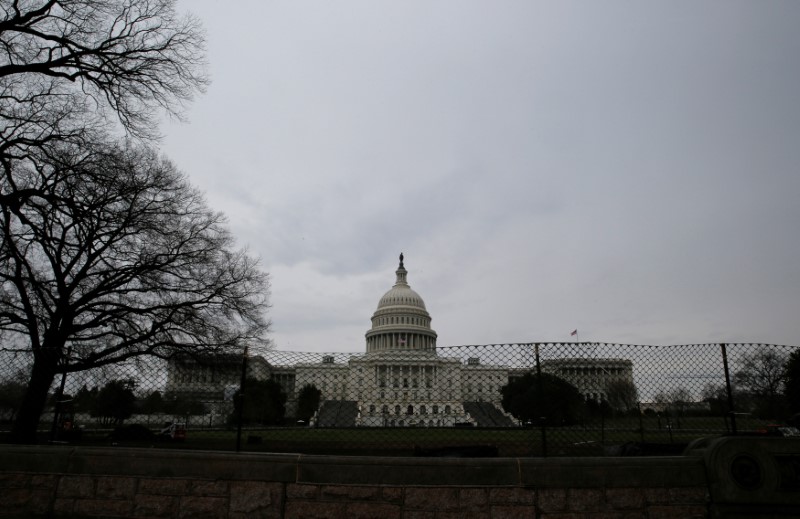By Sarah N. Lynch and Lisa Lambert
WASHINGTON (Reuters) - A divided U.S. Senate on Thursday killed a regulation that had exempted city-run retirement savings plans for low-income workers from strict pension protection laws.
Utah Republican Orrin Hatch, the resolution's sponsor, has said he expects the Senate to soon repeal a related rule on state-operated retirement plans.
That resolution may face a tougher time than the one on municipal plans, which barely passed in a 50-49 vote. States are farther along establishing retirement programs for people who do not have workplace savings plans, and Republicans who advocate for states' rights are more skeptical of the resolution.
The House of Representatives has already passed both resolutions.
Thursday's vote marked the 12th time the Republican-controlled Congress has successfully killed an Obama-era regulation through the use of an obscure 1996 law known as the Congressional Review Act.
The law lets Congress repeal a newly minted rule through simple majority votes in the House and Senate, and a signature from the president. A "substantially similar" rule can never be enacted in its place.
The Labor Department rule was finalized after May 2016, putting it into the window of time set by the law when Congress can repeal it. Using the resolutions, Republicans have sent rules spanning a variety of areas to the chopping block in hopes of loosening regulation they say constricts economic growth.
Thursday's resolution and its near-twin for state plans counters the trend by maintaining regulatory requirements.
Toward the end of President Barack Obama's tenure, his Labor Department exempted both state and city-run retirement plans from the 1974 Employee Retirement Income Security Act, or ERISA, a law designed to protect workers' savings with detailed compliance requirements.
Private-sector workers whose employers do not offer 401(k) or other retirement benefits, and who often have low incomes, are automatically enrolled in the plans being launched in states such as California, Illinois and Oregon.
States say the ERISA exemption lets employers pass workers' money into plans without footing compliance costs.
They also say Wall Street wants to block the plans because they create competition.

But the Investment Company Institute, a mutual funds trade group, the U.S. Chamber of Commerce and others in financial services say the exemptions shortchange workers from important federal pension protections that other workers receive.